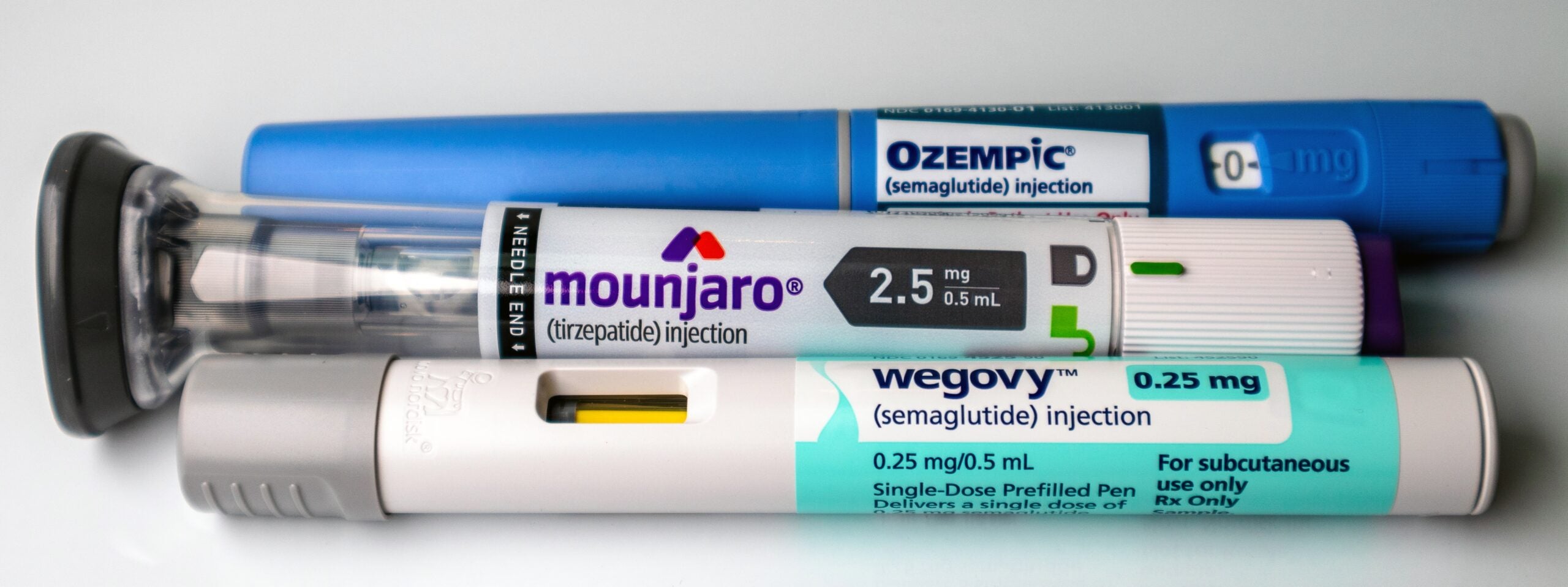Editor's Note Consistent case volume is the lifeblood of any successful ambulatory surgical center (ASC), but one often overlooked limiting factor in driving ASC volume is the anesthesia group, according to Michael Bernard, MD, in the September 2025 issue of Surgical Business. Staffing shortages of anesthesia professionals are a major…

Editor's Note NorthStar Anesthesia is expanding its reach across Georgia’s ambulatory surgery centers (ASCs), reinforcing its strategy of pairing local clinical autonomy with scalable anesthesia services, an October 1 PR Newswire press release reports. NorthStar reportedly supports more than 60 ASCs statewide through a model focused on transparency, long-term relationships,…

When it comes to treating chronic pain—or pain associated with surgery—clinicians are always looking for alternatives to opioids. “There are zero advantages to chronic opioid use,” says Earl Kilbride, MD, MHA, an orthopedic surgeon at the Austin Orthopedic Institute. While the US makes up about 4.4% of the global population,…

Editor's Note High-volume joints and spine procedures in ambulatory surgery centers (ASCs) require more than a “healthy” patient—success hinges on rigorous screening, block-and-flow efficiency, tech-enabled standardization, and a culture where anyone can say “stop,” this session’s speakers said. Comprising Robert Bray, MD, FAANS, CEO and founding director of DISC Sports…

Editor's Note Hospitals can reduce anesthesia costs by up to 30% and significantly curb provider burnout by embracing technology-enabled collaboration with anesthesiology practices, Surgical Directions August 27 reports. The report outlines how rising demand, workforce shortages, and variable pay structures have pushed anesthesia expenditures up sharply in recent years. Traditional…

Editor's Note UnitedHealthcare’s 15% cut to certified registered nurse anesthetist (CRNA) reimbursements has ignited strong opposition from anesthesia leaders who warn the policy could endanger patient access to safe, affordable care in rural and underserved areas, Nurse.org October 14 reports. On October 1, UnitedHealthcare implemented the new policy, reducing payments…

Office-based surgery (OBS) is one of the fastest-growing care settings in the US. From ophthalmology and dermatology to gastroenterology and even orthopedics, more procedures once limited to hospitals or ambulatory surgery centers (ASCs) are now being performed in medical office suites. Among many factors, the growth is being fueled by…

With the explosion of GLP-1–based therapies for type 2 diabetes and weight loss, perioperative nursing teams, especially in the preoperative and postanesthesia care areas, need to be fluent in recognizing these medications. Some patients may arrive on these agents—or even novel oral GLP-1s—and the physiologic effects, especially delayed gastric emptying,…

Editor's Note Pulmonary embolism (PE) and deep vein thrombosis (DVT) are rare after same-day surgeries, but when they occur, they carry high risks of death and readmission. According to Anesthesiology News May 12, a University of Texas Southwestern Medical Center analysis of more than 1.1 million outpatient procedures found an…

The migration of surgical cases from inpatient settings to ambulatory surgery centers (ASCs) continues to reshape perioperative leadership in 2025. Nationally, the trend is driven by payer incentives, patient preference, and cost pressures, with ASCs now performing more orthopedic, spine, and complex outpatient procedures than ever before. In fact, the…